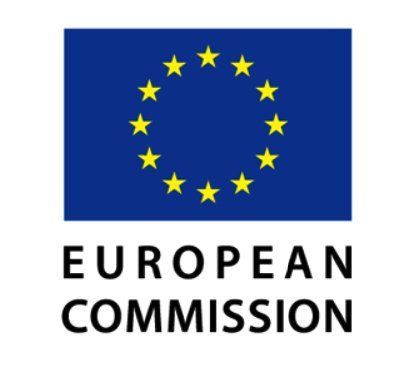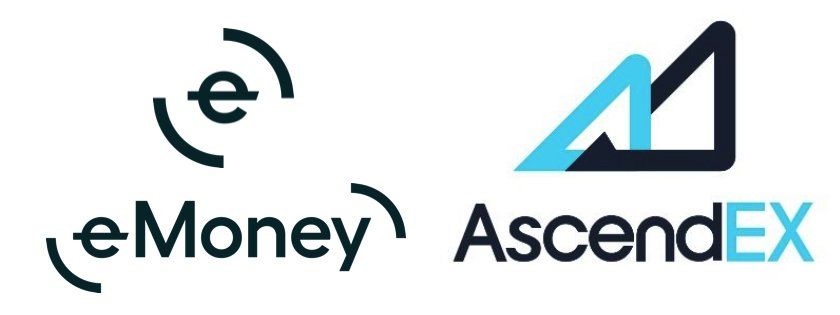EU's Global Relevance Hangs on Approach to Stablecoins
Sponsored Post
EU Risks Global Relevance as Regulatory Plans Undercut Innovative Stablecoins

"Today’s amendments will ensure full traceability of crypto-asset transfers, such as bitcoin, and will allow for prevention and detection of their possible use for money laundering or terrorism financing," .
"These proposals have been designed to find the right balance between addressing these threats and complying with international standards while not creating excessive regulatory burden on the industry,".
"On the contrary, these proposals will help the EU crypto-asset industry develop, as it will benefit from an updated, harmonised legal framework across the EU."
The law proposed by the European Commission, the EU executive, would apply what is known as the travel rule to crypto transactions to make them traceable.
- Companies handling Cryptoassets must obtain the address, date of birth and account number for both their customer and the intended recipient.
- The recipient's service provider must also ensure the required information is obtained.
- Anonymous crypto-asset wallets will also be prohibited
However, the European Union’s comprehensive framework 'Regulation of Markets in Crypto-assets, or MiCA' which includes Stablecoins will significantly undercut innovation, could be very costly, and those with considerable administrative resources would be most able to comply.
EU citizens and businesses want to participate in the global digital economy and are going to need access to instruments like Stablecoins. Citizens will expect consumer-friendly payment solutions that safeguard their privacy, and EU businesses will need programmable money to keep up with the technical innovation that is happening in both the U.S and Asia.
Meanwhile, Europe's leading Stablecoin issuer
'e-Money.com' (eEUR, eCHF, eSEK, eNOK & eDKK is already here and quickly becoming the industry standard as they are true Stablecoins and 100% Collateralised 1:1 with Fiat deposits in EU banks.
One of the challenges for the regulators is the fact that they’re playing catchup. Stablecoins continue to grow at an incredible rate and are already central to the world’s digital economy, driving innovation, expansion and growth.
If Europe is to retain geopolitical and technological relevance it should focus on being a catalyst for digital currencies, not an inhibitor. It needs to support a diverse, competitive digital ecosystem that will maintain a level playing field which empowers homegrown solutions enabling competition. Europe must recognise not only the importance of Stablecoins for the future of the European economy but also the need for different types of a digital euro. Ideally, this should not only include a European central bank digital currency (CBDC) but also, Euro-Referenced Stablecoins like the existing e-Money.com payment Blockchain that is designed for financial inclusion, transparency, instant settlement which could co-exist and complement a European CBDC.
The EU is at a pivotal point, if it can move past a narrow and defensive view and take a broader look at Stablecoins then it has the potential become a leader in the global digital economy of the future.
The Governing Council of the European Central Bank (ECB) recently took a long-awaited decision to launch the ‘investigation phase’ of a potential EU central bank digital currency (CBDC). The investigation stage will continue for two years during which key aspects of the design of the digital euro and questions regarding its distribution will be addressed.
Disclaimer:
GlobalStablecoins.com is only an informational website that provides news about coins, blockchain companies, blockchain products and blockchain events. Don’t take it as investment advice. Speak to an advisor before you risk investing in an ICO, Cryptocurrencies, Cryptoassets, Security Tokens, Utility Tokens, Exchange Tokens, Global Stablecoins, Stablecoins or eMoney Tokens. GlobalStablecoins.com is not accountable, directly or indirectly, for any damage or loss incurred, alleged or otherwise, in connection to the use or reliance of any content you read on the site.
Sponsored Posts:
If a Sponsored Post contains any mention of a crypto project, we encourage our readers to conduct diligence prior to taking further action. GlobalStablecoins.com does not recommend that any cryptocurrency should be bought, sold, or held by you. Do conduct your own due diligence and consult your financial advisor before making any investment decisions.
. Before you invest in Cryptoassets you should be aware of the following.
Cryptoassets are considered very high risk, speculative investments.
If you invest in Cryptoassets you should be prepared to lose all your money.
All Sponsored Posts are paid for by crypto projects, coin foundations, advertising firms, PR firms, or other marketing agencies. GlobalStablecoins.com is not a subsidiary of any marketing agency, nor are we owned by any crypto or blockchain foundation.
The purpose of offering Sponsored Posts to our advertisers is to help fund the day-to-day business operations at GlobalStablecoins.com.
If you come across a Sponsored Post which you believe is fraudulent and/or “scammy,” please contact us and we will perform an immediate investigation.
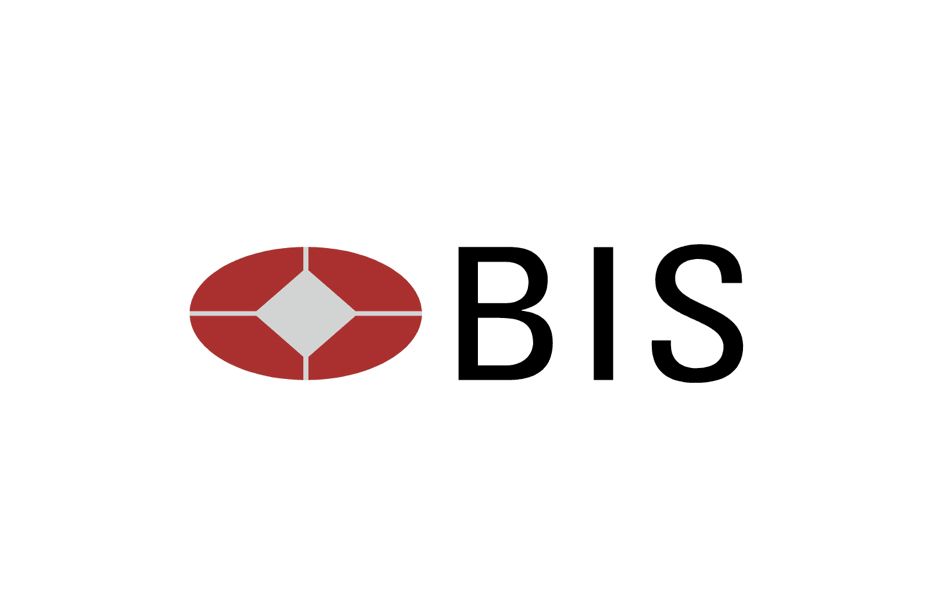


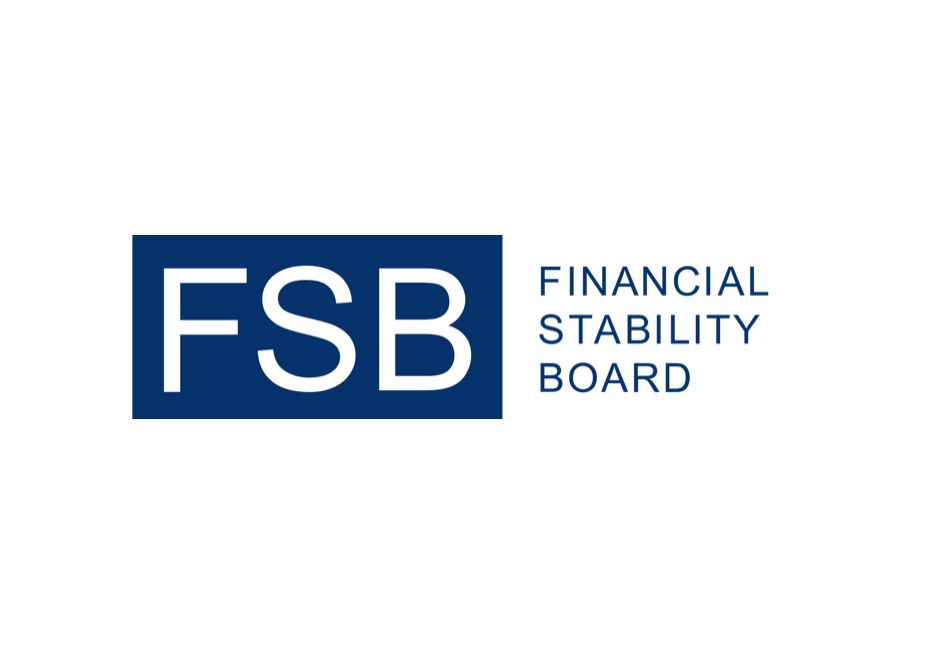
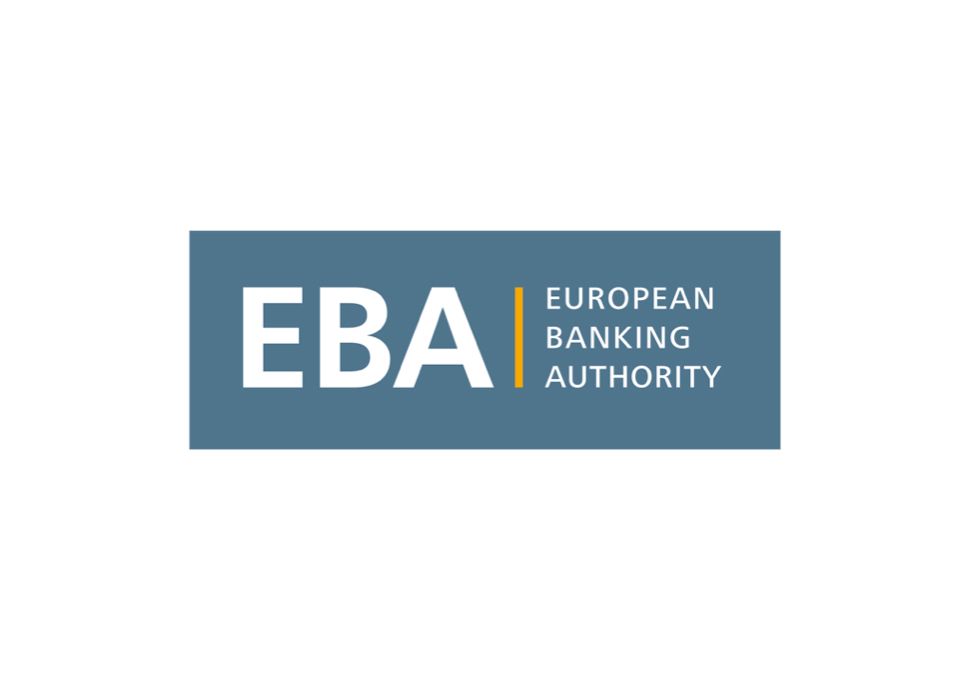

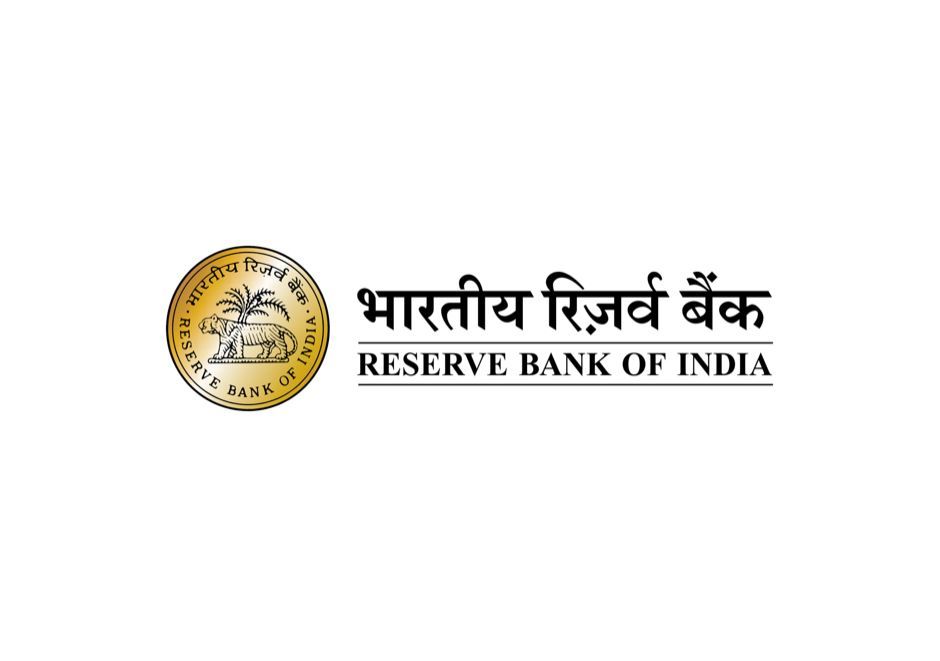
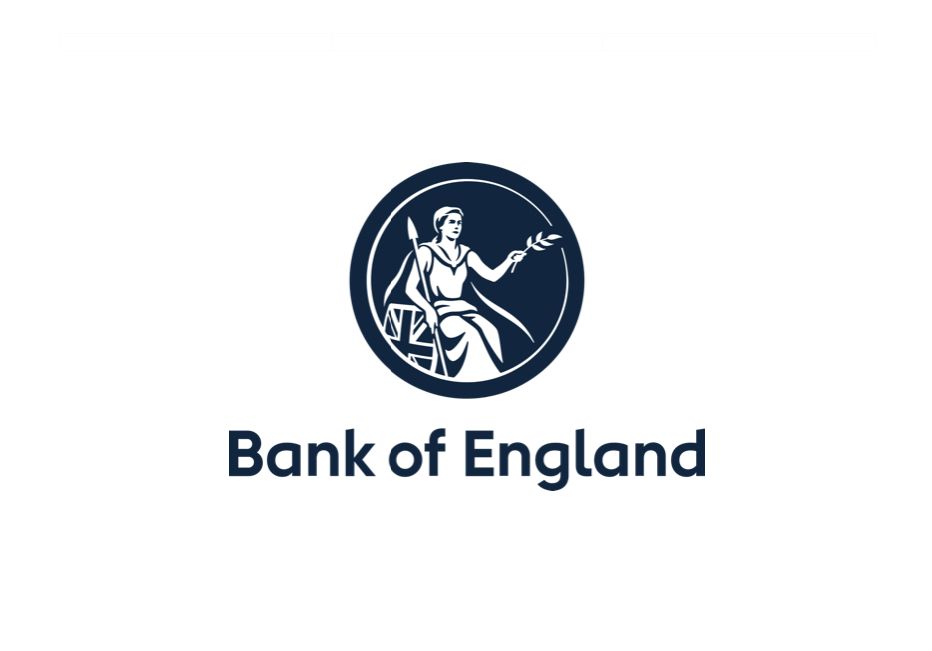

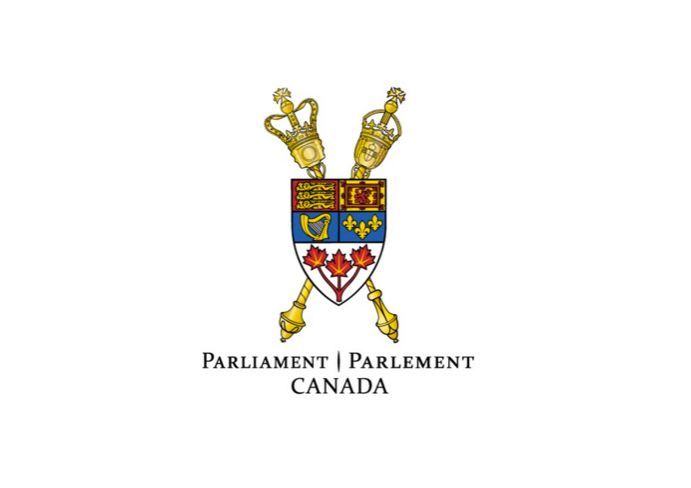
Disclaimer:
GlobalStablecoins.com is an informational website that provides news about coins, blockchain companies, blockchain products and blockchain events. Don’t take it as investment advice. Speak to an advisor before you risk investing in an ICO, Cryptocurrencies, Cryptoassets, Security Tokens, Utility Tokens, Exchange Tokens, Global Stablecoins, Stablecoins or eMoney Tokens. GlobalStablecoins.com is not accountable, directly or indirectly, for any damage or loss incurred, alleged or otherwise, in connection to the use or reliance of any content you read on the site.
Affiliate Disclosure / Sponsored Posts:
If a Sponsored Post contains any mention of a crypto project, we encourage our readers to conduct diligence prior to taking further action. GlobalStablecoins.com does not recommend that any cryptocurrency should be bought, sold, or held by you. Do conduct your own due diligence and consult your financial advisor before making any investment decisions.
GlobalStablecoins.com may receive compensation for affiliate links. Should you perform activities in relation to an affiliate link, it is understood that some form of compensation might be made to GlobalStablecoins.com. For example, if you click on an affiliate link, and sign up and trade on an exchange, GlobalStablecoins.com may receive compensation.
Before you invest in Cryptoassets you should be aware of the following,
Cryptoassets are considered very high risk, speculative investments.
If you invest in Cryptoassets you should be prepared to lose all your money.
All Sponsored Posts are paid for by crypto projects, coin foundations, advertising firms, PR firms, or other marketing agencies. GlobalStablecoins.com is not a subsidiary of any marketing agency, nor are we owned by any crypto or blockchain foundation.
The purpose of offering Sponsored Posts to our advertisers is to help fund the day-to-day business operations at GlobalStablecoins.com.
If you come across a Sponsored Post which you believe is fraudulent and/or “scammy,” please contact us and we will perform an immediate investigation.
All Rights Reserved | GlobalStablecoins.com

